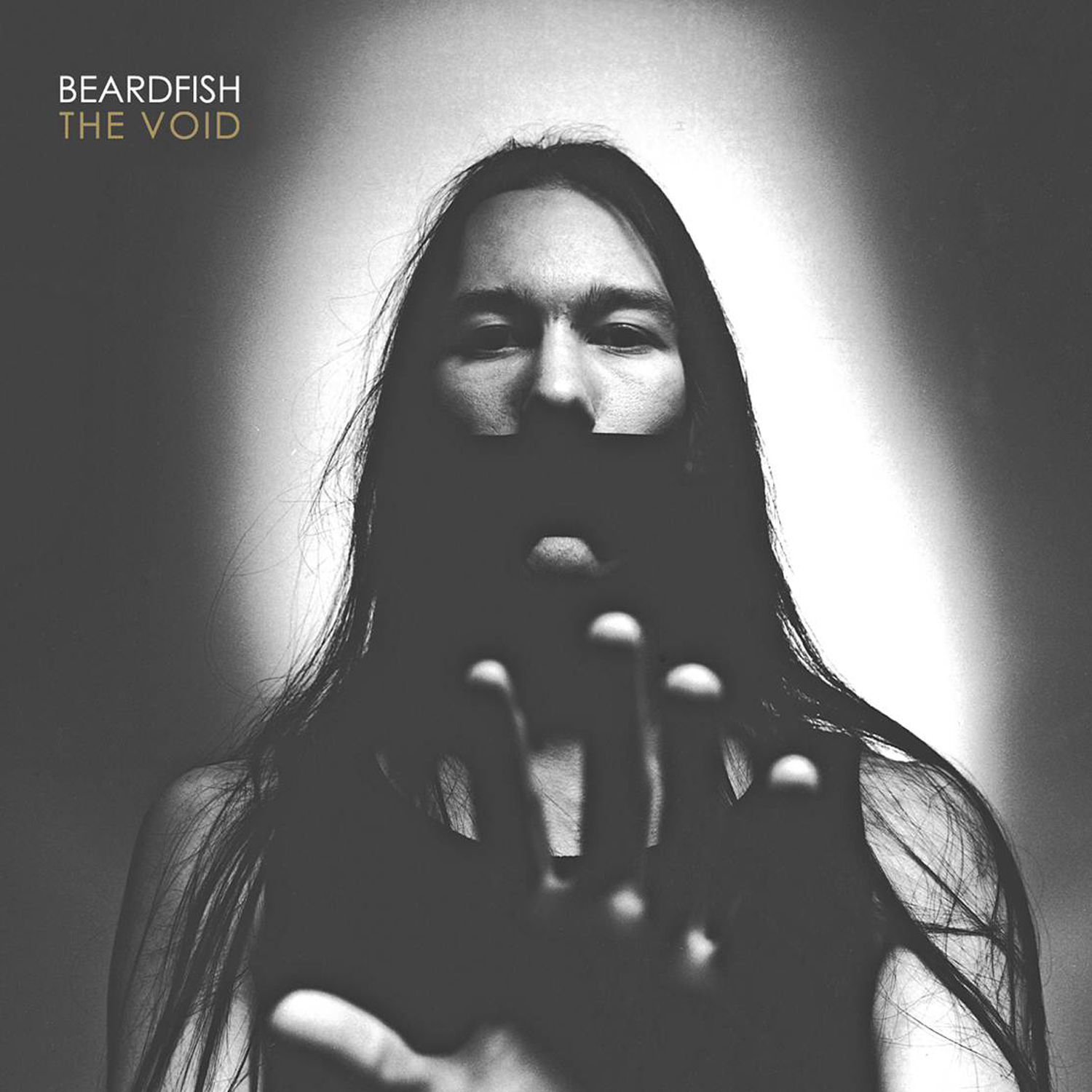
Album Review: Beardfish - The Void
Right now may be the best time since the heyday of the 70's to be a progressive band. Not since the anything-goes days of yore has the scene been filled with so many bands willing to step outside the box, and so many fans wanting to take the journey with them. Everything from classic prog rock, to the technical wizardry of progressive metal, to the brazen attitude of progressive death and black metal, everywhere we look is filled with bands no longer content to play within the confines of the typical. What's more, the appetite for involved music continues to grow, as bands like Dream Theater and Opeth challenge their listeners and are rewarded with ever increasing sales.
The downside to the flourishing of progressive music is that for all the success that great bands are enjoying, and the copious amounts of worthwhile music they are making, the market is also flooded with myriad bands that copy without understanding. Progressive music can't be made for the sake of making it, hoping to cash in on a growing interest. It is very much music of the heart, a form of composition that requires full attention at all times, lest the size and scope of the music swallow whole the weak.
Beardfish manage to straddle the line between greatness and failure, turning out a brand of progressive rock that never fully commits to a direction, which renders the end result incomplete. The music on “The Void” is heavy but never truly metal, challenging although not technically awe-inspiring, melodic but never sticky, and progressive although constrained. That is to say, everything about “The Void” is like a transmission unable to shift out of second gear. The basis for something great is there, but the music never gets up to speed, and cannot live up to the standards set by the band's peers.
“Voluntary Slavery” tries its best to be a metal track, with some harsher vocal deliveries and an Eastern guitar figure that wouldn't sound out of place on a Nile record, as strange as that is to say. That framework could have resulted in a stunning work, but the composition never finds that one riff to anchor the song, nor do the vocals dig in and make the song undeniable. It is a good song, and a good start to the album, but emblematic of what is to come.
Vintage sounds are brought into play on both “Turn To Gravel” and “They Whisper”, shifting the focus away from the metal sound of the opener, bringing the band back to what should be more melodic fare. That doesn't happen as expected, as the songs do try to use melody and layered vocals, which is appreciated, but the melodies themselves aren't strong enough for what is trying to be accomplished. Layering more voices doesn't make the initial idea any better, despite fifty years of bands trying to prove otherwise.
The pendulum swings back again with “This Matter Of Mine”, another stab at proving metal credentials, complete with chugging riffs and amps cranked a bit too far for their own good. Part of the problem lays in the production, the guitars sounding shrill and too small for the power the songs want to put across. They make the aggressive songs sound fake, like a mask being put on for the sake of saying they have done something different. Contrasted with the instrumental “Seventeen Again”, which sounds ripped from the 70's, the difference is immense. The warmer composition and vintage approach to playing progressive music breathes life into the track, immediately making it stand apart from everything else on the record. It's been heard a million times before, but for a good reason. It works.
“The Void” is an underwhelming album because it struggles with identity issues. It veers from rock to metal and back again, not in a way that strives to be progressive, but in a manner that makes it clear the band is trying to do too much. By splitting their sensibilities between the two sounds, neither is developed enough or given the right tools to succeed. It's self-sabotage, the band dooming their own fate by casting too wide of a net. It may not sound right to say that about a progressive band, but at their core, even the most wildly progressive bands are just that, bands. Beardfish doesn't sound like one throughout the course of “The Void”. There isn't a core to their sound that runs through the musical experiments, which makes the record confusing, and ultimately more of a curiosity than anything.

